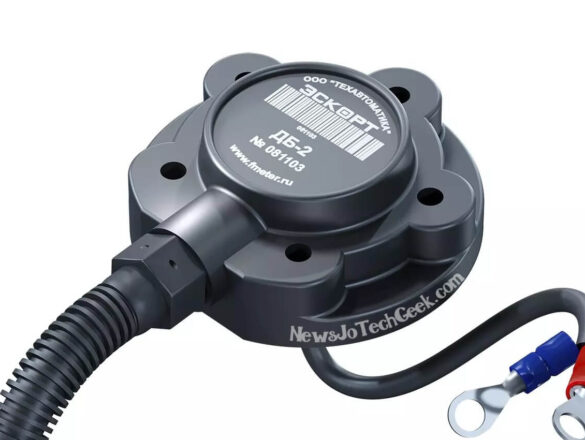The dramatic increase in fuel prices has made fuel economy a major topic of interest for both individuals and businesses. Companies, especially those operating fleets, have been the most affected.
Fuel management has become a more serious topic for such companies. Integrating a fuel level sensor into your system can play a big role in increasing fuel cost savings.
Find out how using the right fuel sensors can help improve your fuel management processes and practices.
Improved Fuel Management
The latest fuel sensors help fleet managers keep constant track of fuel consumption. This allows stakeholders to know the right time to refill fuel tanks. Fuel sensor integration into your fuel management system allows you to access accurate and reliable data on up-to-date fuel volume in a tank. The use of analytics can help you discover potential fuel thefts and incidences of fuel misuse.
The fuel monitoring system, created with the help of a fuel sensor can provide you an overall view of fuel usage for your vehicles as well as equipment.
Access to real-time and historical fuel data can also help create automatic alerts for:
- Fuel refill reminders
- Unexplained fuel drainage
- Pilferage
- Fuel leakage
Advanced fleet management systems, empowered by reliable fuel sensors, provide you and your drivers with all the information needed to plan fuel refilling stoppages.
Optimized Fuel Usage
Fuel sensors are versatile products that can integrate seamlessly with different automotive systems. The data provided can be easily viewed on a dashboard. You can access a wide range of reports to help make sound fuel management decisions.
For example, you can access reports on fuel consumption patterns and the information can be used to prevent fuel pilferage or fuel wastage.
Driver Behavior Monitoring
The data from fuel level sensors also provides you with clear insights into your drivers’ driving habits. Harsh driving behavior, unnecessary idling, and over-speeding can significantly increase fuel consumption. With the information at your fingertips, you can take corrective action to address such behavior.
The fuel cost savings provided by fuel level sensors for businesses relying on long-haul fleets can be massive. The data can also help in selecting the perfect vehicle types for different types of payloads.
More Efficient Route Planning & Scheduling
Large fleets not only have many drivers, but several stops on the same route. A more efficient and effective fuel and fleet management system can help minimize the number of stops and vehicles and the time spent on the road. When combined with the data from fuel sensors, you can better optimize the routes. This can help reduce your fuel and operational costs.
Fuel consumption monitoring can help identify the most efficient routes and plan efficient refueling stops. Additionally, it can also contribute to fleet safety strategies by helping maintain optimal fuel levels.
Choosing the Right Fuel Sensor
There are different types of fuel level sensors. It is important to choose the right one to enhance your fuel management system. The Escort TD-600 is a universal capacitive fuel level sensor that features several operational modes. This is a reliable sensor that can perform properly in a wide range of conditions.
Some of its key features are as follows:
- The accelerometer allows the sensor to measure the tilt angle. This can help differentiate between thefts and false fillings.
- A durable casing protects all the components in extreme conditions.
- The IP69S ingress protection and galvanic isolation for the casing provide additional protection from the environment.
- Reliable GPS-based communication with fuel monitoring systems.
The Escort TD-600 can operate reliably in temperatures ranging from -60°C to 85°C without any issues. Thus, choosing the right fuel sensor can provide reliable fuel management solutions over the long term.




